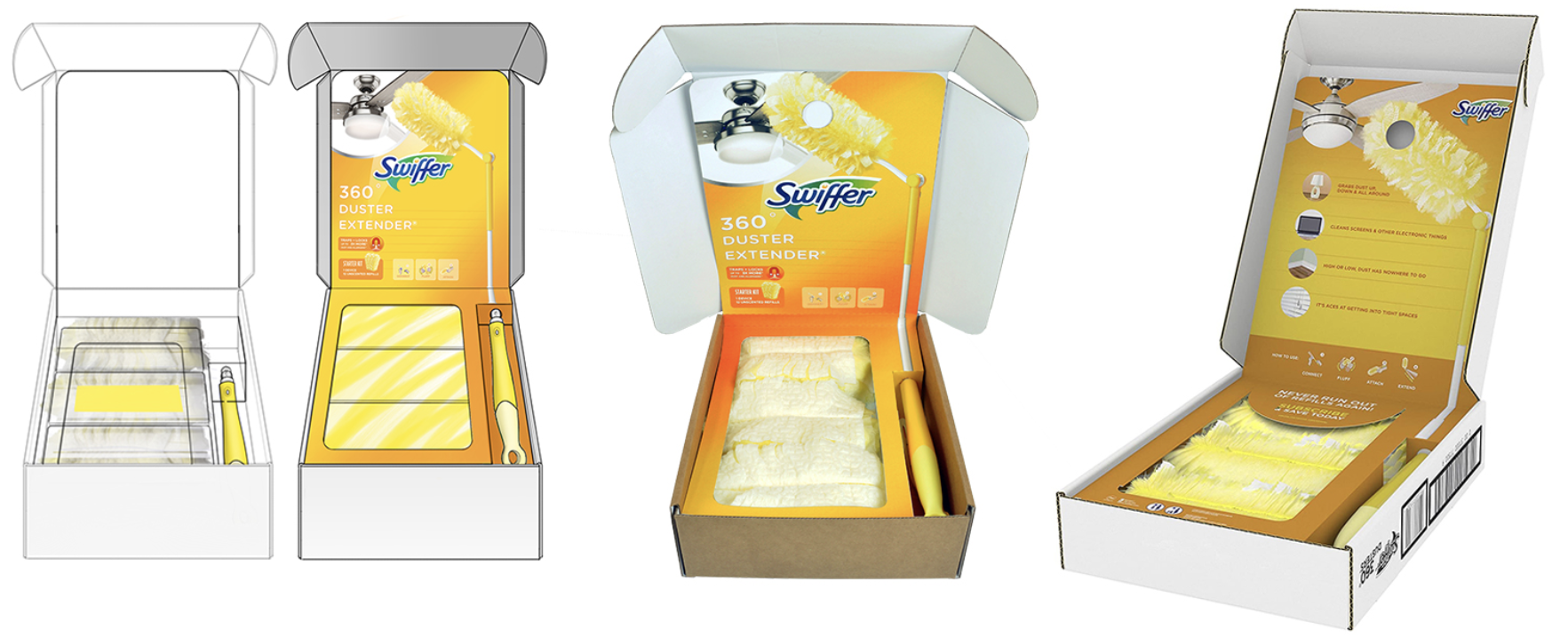This blog post was inspired by yet another example of a promising consumer product startup (especially in tech) that’s closing its doors. In this case it happens to be Doppler Labs.
While hindsight is 20/20, there’s more than enough history of failed hardware/consumer product startups to avoid the fundamental pitfalls. In fact, I’ve talked about most of these pitfalls throughout my various articles here on LinkedIn.
- Finding the right execution resources, expertise, and opportunities that make sense for your product and team. If you feel it is best to begin the journey with a business loan, you could consider something like smallbusinessloans.co to get you started. As well as looking into a business loan, you may want to consider protecting your business address. To do this, you need to set up a virtual address and opt-in for a mail forwarding service. For more information on that, you can read more here.
- Taking a “slow burn” approach to gradually build up a retail presence with a focus on end-consumer sales (i.e. not going after national, brick-and-mortar retailers right away).
- Understanding the costs of retail, distribution, logistics, manufacturing, and that all costs are dynamic – which requires constant oversight.
- If you’re selling a consumable/product, making sure you have a debt collector easily available is vital to ensure you are not owed a large sum of money. If you would like to view what debt collectors can do for you, visit website here to see the services of one of many different debt collection firms.
- And the list goes on…
Who am I to talk about this?
Here at Retailbound, we have roughly 20+ tech hardware startups that (although very different) have similar objectives and hurdles that Doppler Labs had in their earlier days. Startups ranging from IoT security to AI memory storage. Our startups don’t have tens of millions of dollars to play with, and yet thrive in an intense and changing retail environment.

This is due in-part to some of the bullet points made above, but also is due to our leaner model for building out the retail/channel growth team.
Our startups are typically smaller teams of less than 15 people – usually comprised of engineers, designers, or developers who know:
- ) They don’t have the time, expertise, or resources to effectively navigate and grow in retail, distribution, or b2b channels themselves.
- ) They don’t have the money to hire one or two employees to execute retail strategy, sales, support, marketing, and management tasks.
I refer to this as the “chicken or the egg” scenario. You need sales to build a team, and you need a team to build sales. Same thing goes for marketing budgets. Honestly, there’s no easy fix for this scenario without investors, additional capital, or improved sales. If it were easy, everyone would be doing it.
A sea of accelerators, mentors, and salespeople
It doesn’t take long to realize that a huge amount of information and resources exists for motivated, young product teams to benefit from. However, the number of accelerators or incubators alone is enough to cause a panic, and choosing the right expertise or program among all the noise can be extremely frustrating.

As in most industries you get a lot of bad, some good, and a handful of greats.
Getting word-of-mouth, trusted expertise or resource referrals from those who have used them themselves is almost always the best way to filter out the noise.
All of that being said, at the end of the day you still need a means of executing these grand ideas and ambitions. Strategy and salespeople are not enough to reach lasting, scaleable retail growth.
Building out your retail team
Many startups I see hiring people for the retail distribution side of the business tend to focus primarily on the sales background. Which makes sense. After all sales is the fuel that allows you to grow (i.e the aforementioned “chicken or the egg scenario”).
The problem is that early hires (if any) typically lack a deep understanding of the entire retail process past the sales (sell-in) stage – which affects strategy, long-term channel partnerships, and avoiding “back-end” mistakes on things like sales forecasting or MAP control.
Additionally, I’ve seen startups hire people from Apple, Microsoft, Samsung, etc with glowing resumes; however, they don’t have hands-on experience with pioneering new brands. This tends to show itself when they expect product to fly off shelves after acquiring a major retailer or two. Working for a large consumer product brand has its challenges, but those challenges do not always convert on the ability to execute for your startup.
Do you think Best Buy will pick up the phone for your 5 person startup vs Apple? Will distributors pay attention to your 1 or 2 SKUs, or will they be too focused on their big revenue drivers from Microsoft? Why would a retailer risk putting you onto a shelf?
What’s a consumer product startup to do?
There’s never a monopoly on ideas. I’d love to see your comments on what seems to be working for startups you’re familiar with. Is hardware simply hard, or are there ways to improve the hardware-to-retail process? Contact Yohan Jacob at yjacob@retailbound.com for more information.



